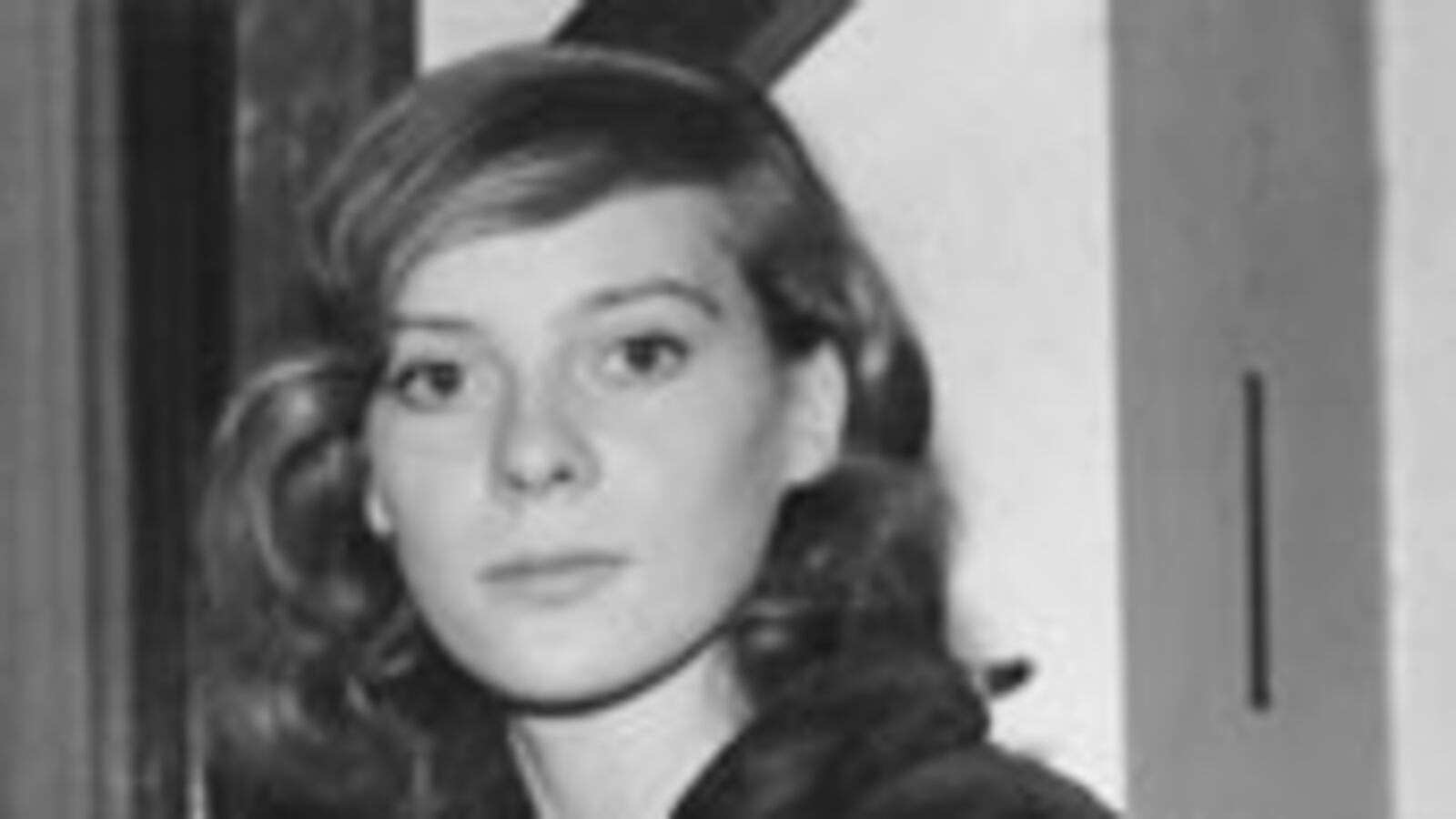
I called her Caroline most of the time. Not “mom” or “mummy” as I might have done, as a large part of my childhood was spent with her in England. To have used anything other than her name would have been to cloak her in some other identity as she wasn’t conventionally maternal. She was brilliant and funny: obsessive and prone to depression. She didn’t look after me or my siblings or take us to school. We had a transient group of helpers and drivers to do that. She wasn’t nurturing but she was always stimulating. She never read me a bedside story, but fortified by Liebfraumilch she would come into my room and talk long into the night.
I think of her every day and it’s thirteen years since she died. She’s part of the overwhelming love I bear my children, which is independent, and inseparable.
She was never politically correct. At a dinner for PEN, after Khomeini pronounced his fatwa on Salman Rushdie for The Satanic Verses, she was the lone voice at the table, “He should withdraw the book. No book is worth it.” She had been drinking at the time, but her concern for the people who worked at Viking, Rushdie’s publishing company, was genuine as she saw them at risk of being maimed or killed as a result of the Ayatollah’s edict. She was also speaking as an author of three novels, two collections of short stories, and two works of non-fiction. A pall fell over the table. At a dinner celebrating writers’ freedoms, this was not what anyone wanted to hear. At the time I was embarrassed, but secretly admiring that she had the conviction to say what she believed, however unpopular the notion.
She was Caroline.
I was pregnant with my first child when she died at the age of sixty-three. Given her long history of drinking and smoking it came as no surprise when she was diagnosed with liver and lung cancer. Her oncologist gave her three weeks to live.
“Forty years of smoking, was it was worth it?” he asked.

Without hesitation she replied, “Yes.” There was relish in her voice, as she enjoyed defying the doctor for his insensitivity. She regretted nothing and accepted her circumstance with courage and equanimity. The doctor’s prognosis proved accurate.
My relationship with her inevitably framed my attitude towards having children. Caroline’s drinking had made her difficult and destructive. The example set for me was that motherhood was a precarious and complicated business. In contrast to my own, she was from a generation that didn’t parent. The idea that parent could be verb as well as noun would have been absurd to her. Like so many of her peers, she was as carefree and careless as we are precious and fearful. It was as if our textbook rule about the necessity of creating security and stability for our kids had not been written. Caroline’s father was killed when she was eleven at the end of the Second World War. Her mother probably prized social arrangements more than quality time, and abandoned them to the charge of sometimes sadistic nannies. She and her sister and brother were left rudderless.
These were her references.
I put it off having children as long as I could. So long that my husband warned me that we would have ourselves a geriatric pregnancy if we didn’t get on with it soon.
But it was a conversation with Caroline that caused a shift in my understanding.
We were sitting in a neighborhood tavern near her home in Sag Harbor. She ordered food, with her usual vodka with tonic on the side. She ate little but drank the vodka, leaving the tonic where it was - on the side. She asked me why I hadn’t had children—I’d been married for several years and my husband and I seemed solid enough.
“I don’t know…” I evaded, uncomfortable with the subject. “I’m not ready.” She was right if she thought that I never would be. It would have been unkind and provocative for me to have said that I didn’t want to have children because of her.
“Don’t wait too long,” she said. “Can you imagine me without you?”
Can you imagine me without you?
It was impossible.
In that question I understood so many things: the profound relationship between a mother and child, the totality of her feelings for me, my own for her.
In spite of everything.
For all her difficulties, in all the turmoil that was her life, I always felt loved by her. It’s what I remember most, and then our conversations, and arguments. And how in her last years when I’d go to visit, this frail and cerebral woman with a bad back, would run towards me, a quick-step of uncontained glee.
I think of her every day and it’s thirteen years since she died. She’s part of the overwhelming love I bear my children, which is independent, and inseparable. It’s the same love as she felt for me, only done differently—or at least, so I hope, as it’s my prerogative to try and give my children what I think I didn’t have. Although when I find myself looking back with that wonderful gift we call hindsight (how wise is hindsight!), I see that all along, I had more than I understood.
Me without you.
Plus: Check out Book Beast, for more news on hot titles and authors and excerpts from the latest books.
Evgenia Citkowitz was born in New York and was educated in London and the United States. Her short stories have been published in various British magazines. Her screenplay The House in Paris, based on Elizabeth Bowen’s novel, is currently in development. Her first collection, Ether: Seven Stories and a Novella, was published this week by Farrar, Straus and Giroux.






